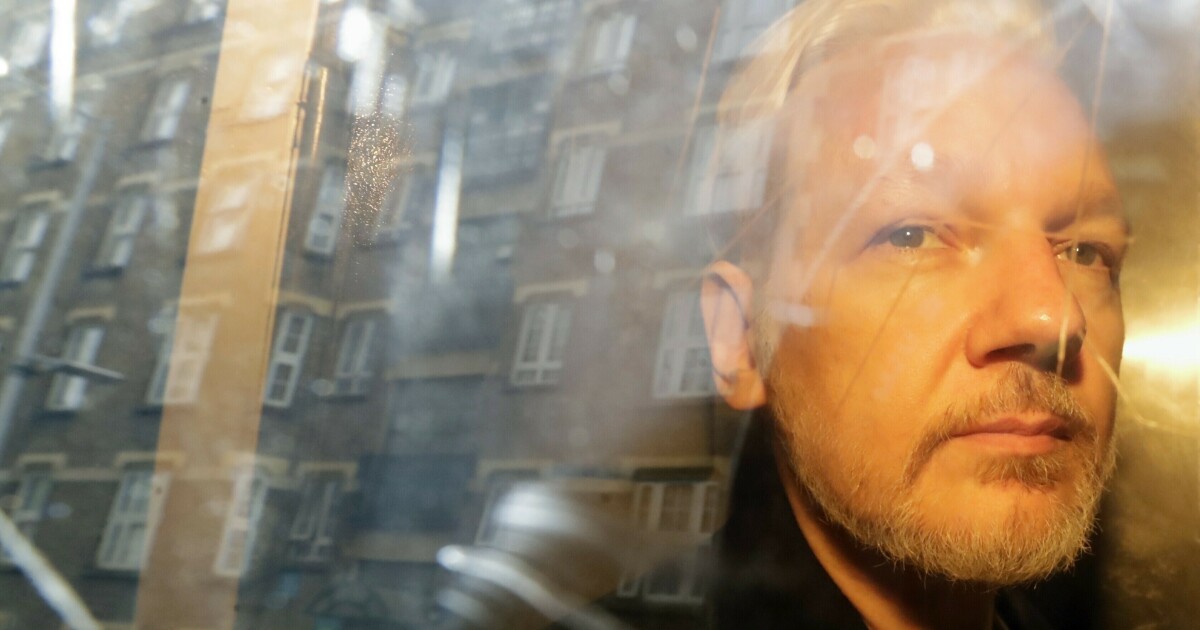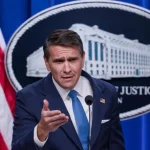

WikiLeaks founder Julian Assange is appealing the United Kingdom’s order to extradite him to the United States.
Two appeals were filed in the High Court of Justice in London to challenge the extradition, and the court will decide whether to evaluate the case, Assange’s attorney Gareth Peirce announced, according to the Wall Street Journal.
UK FINALIZES ORDER TO EXTRADITE JULIAN ASSANGE TO US
Last month, British Home Secretary Priti Patel signed an order to extradite Assange. The WikiLeaks founder is facing 18 charges, including espionage charges in the U.S. for major document leaks in 2010 and 2011 pertaining to the wars in Afghanistan and Iraq.
The leaks included sensitive military and diplomatic information and were published online by WikiLeaks, which has published classified information in the past.
Extradition is a process in which one country agrees to turn over one person to another so he or she can face a trial. Friday was the deadline for Assange to appeal the extradition order, according to the BBC. He is being held at Belmarsh prison in London.
His lawyers claimed that he could face up to 175 years behind bars if he stands trial in the U.S., but the U.S. argued he will likely face between four and six years.
A myriad of groups championing freedom of the press urged the U.K. not to extradite Assange, arguing that doing so could set a bad precedent and hamper press freedoms in the future. For example, the International Federation of Journalists has expressed concerns the move could pose a “chilling effect” on journalists worldwide.
CLICK HERE TO READ MORE FROM THE WASHINGTON EXAMINER
“The US pursuit of Assange against the public’s right to know poses a grave threat to the Fundamental tenets of democracy, which are becoming increasingly fragile worldwide,” the group said. “Irrespective of personal views on Assange, his extradition will have a chilling effect, with all journalists and media workers at risk.”
“The case sets a dangerous precedent that members of the media, in any country, can now be targeted by governments, anywhere in the world, to answer for publishing information in the public interest,” the group added.






